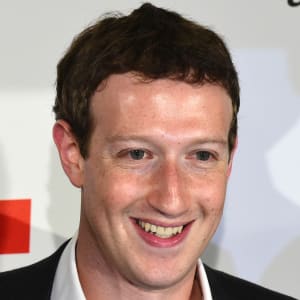By Tony O'Riley-
Facebook chief executive Mark Zuckerberg has defended his company’s poor decision to run political adverts after Twitter announced it would ban them.
Facebook faced criticism after announcing it would not fact-check most political ads. The giant social media company instead said that it would only ban adverts with claims invalidated by third-party fact-checkers.
Less than an hour after Twitter’s announcement it would ban political ads, Mr Zuckerberg expressed his company’s conviction about freedom of expression, failing to distinguish this from corrupted expression that has been paid for.
“Some people accuse us of allowing speech because they think all we care about is making money, and that’s wrong,” he said in a Facebook earnings conference call.
“I can assure you that, from a business perspective, the controversy this creates far outweighs the very small percentage of our business that these political ads make up.
“I don’t think anyone can say that we are not doing what we believe or we haven’t thought hard about these issues.”
Mr Zuckerberg said: “Right now, the content debate is about political ads. Should we block political ads with false statements? Should we block all political ads?
“In a democracy, I don’t think it’s right for private companies to censor politicians or the news.”
The Facebook boss’s statement during the company’s financial results came just minutes after rival boss Jack Dorsey, chief executive of Twitter, announced his website would be blocking adverts with political content in an effort to battle disinformation and election interference.
“We believe political message reach should be earned, not bought,” Mr Dorsey said. Twitter will not block political messages, but will stop organisations paying to artificially boost their reach to users.
Mr Dorsey said the decision to amplify messages of politicians “should not be compromised by money” on the internet, and warned of the “significant risk” to politics of “machine learning-based optimisation… micro targeting, unchecked misleading information and deep fakes”.




